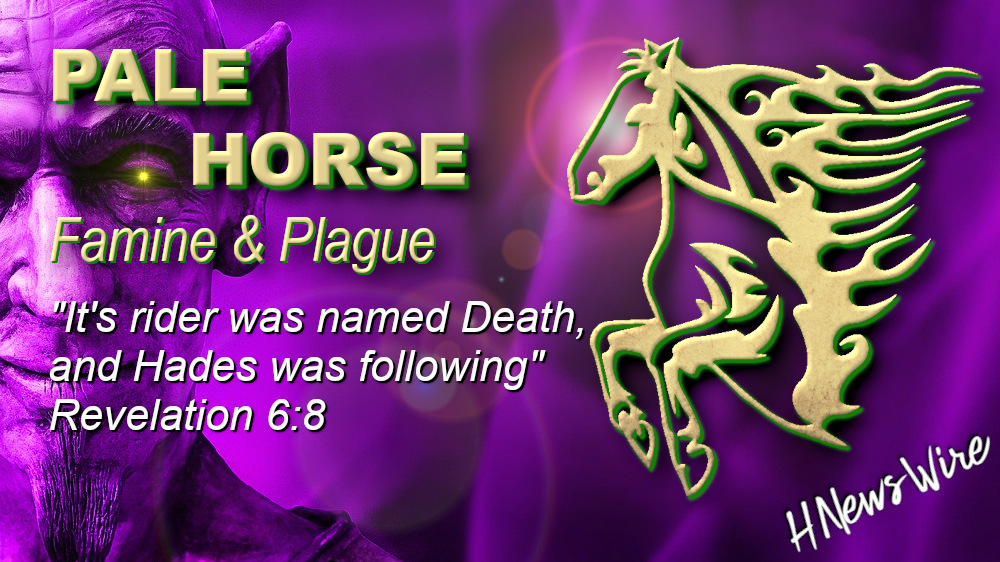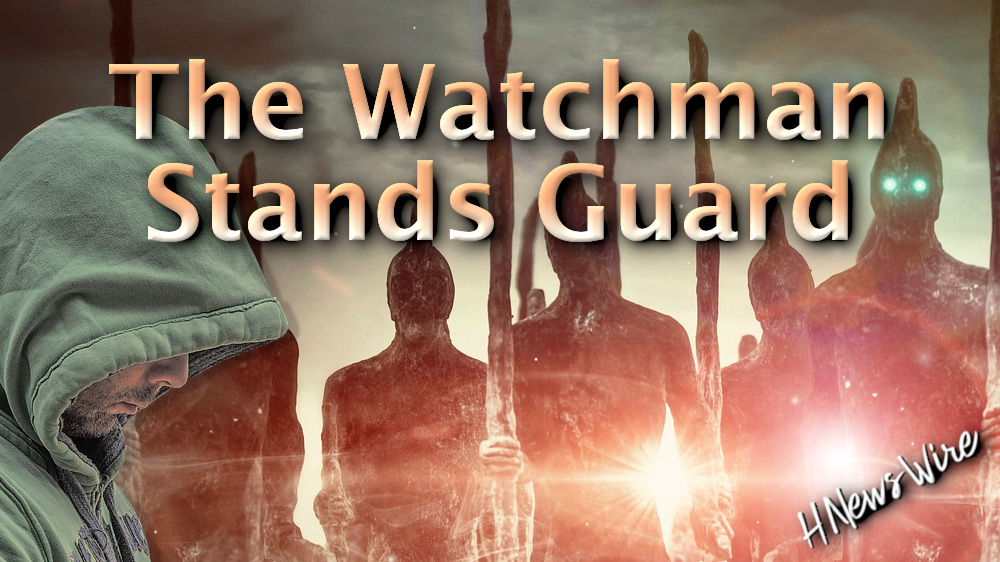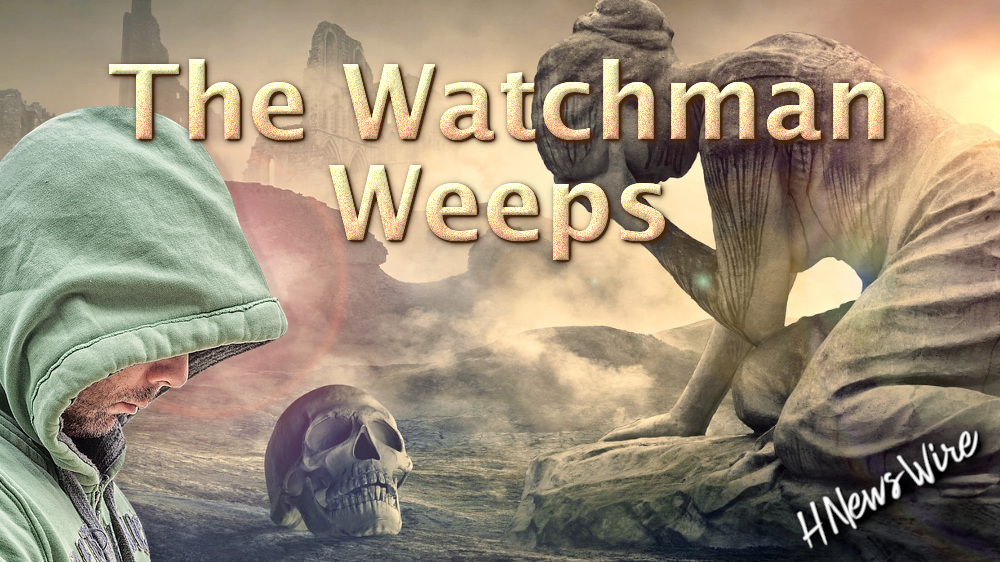Watchman: A Healthy Fear of Our Father in Heaven Does Not Mean Constantly Looking Over Our Shoulders. Scripture Says, “The Fear of the Lord Is to Hate Evil” (Proverbs 8:13). The Devil Can Camouflage Evil, so It Doesn’t Seem So Bad. But the Fear of the Lord in Us Uncovers the True Nature of Sin and Strengthens Our Commitment to Christ

“The fear of the LORD is to hate evil” (Proverbs 8:13)
Dependence in God
What takes place for someone to be declared a Christian—a child of God? He first learns about the gospel, which is the historical account of God sending his Son into the world to die in order to atone for sins and to rise from the grave in order to conquer both death and hell for everyone who believes in him. Through this message, the Holy Spirit enables our hearts to realize that Christ is more desirable and trustworthy than everything we could possibly own. The heart therefore puts its trust in Christ for everything that God has promised to be in him.
We are justified in God's eyes when such faith materializes. To put it another way, it is through that faith that the Spirit of God links us to Christ, making his life become our life and his death become our death. God placed the sins we committed upon him, and God placed the righteousness he displayed upon us. Despite not having committed the sin, he accepts it. Even though we didn't perform his righteousness, we accept it. We are therefore justified with Christ's imputed righteousness and stand before God, pardoned of all our sins, thanks to the faith that joins us to Him.
Paul states in Romans 5:1 that we have peace with God and calls us to enjoy it (the best manuscript tradition says, "let us have peace with" God). Based on this great foundation, which makes us Christians, Paul also states in verse 2 that we now stand in grace and that we rejoice (and ought to rejoice) in the hope of God's glory. The end of justification by faith is God's glory and our joyful celebration of it. All of Christian life is heading in this direction. The purpose of justification by faith is to encourage us to rejoice in the expectation of God's glory. In order for us to be with God at last, see him, and experience him as the eternally fulfilling truth, we must be reckoned just before him.
Trials for Your Faith
However, trials are a part of the Christian life that precede that eternal day. Verses three through five are about this. How are we going to interpret them and react to them? Paul responds that we should rejoice in them since they have a gracious and meaningful position in the Christian life.
I don't say this casually or without thought right now. By coincidence, it's International Day of Prayer for the Persecuted Church today. All flippancy, lightness, and superficiality regarding our discussion of infirmities can be eliminated with a cursory glance at the brochure contained in our worship package. On the first page, at the bottom, it states,
If Christians escape death, they are frequently the targets of severe torture and brainwashing, which are attempts to make them abandon their beliefs. In many regions of the world, children are sold into slavery for as low as $15, and Christian women are cruelly raped in order to sever their loyalty to Christ. Countless others suffer year after year in jails or in camps for forced labor.
When Paul states in Romans 5:3, "And not only this (that is, not only do we exult in the hope of the glory of God), but we also exult in our tribulations," he is not speaking as an observer but rather as a fellow suffered one. Paul endured arduous and protracted pain. However, he stated in 2 Corinthians 12:9, "My grace is adequate for you, for strength is perfected in weakness. Christ has declared this to me. Therefore, I will joyfully boast about my shortcomings in order to allow Christ's strength to reside within me." He claims in 2 Corinthians 12:9 that he "most gladly" boasts or "exults" (same word) about his inadequacies, just as it says in Romans 5:3, "We exult in tribulations." Paul lived out his teachings.
The following verse clarifies what he means when he refers to "weaknesses" in 2 Corinthians 12:9: "Therefore I am well content with weaknesses, with insults, with distresses, with persecutions, with difficulties, for Christ's sake; for when I am weak, then I am strong." These afflictions in Romans 5:3 refer to the full range of hardships, frailties, illnesses, and challenges, not only persecutions. Paul adds that rather than muttering and griping about them, he rejoices in them.
Therefore, remember that trials are tests of your faith as we examine their significance in the Christian life. The difficulties could stem from a loss of health, difficulties in strained or broken relationships, difficulties and disappointments in the workplace, difficulties resulting from accidents or natural disasters, difficulties resulting from verbal or physical abuse, or just ordinary inconveniences like traffic bottlenecks and plumbing issues. A tribulation is something that makes life more difficult and undermines your belief in the goodness, might, and wisdom of God.
These aren't strange—they're commonplace. Acts 14:22 states that Paul taught all the churches that "through many tribulations we must enter the kingdom of God," so it would be uncommon for a Christian to not have them.

The Great Tribulation
It is our belief that the Great Tribulation referred to in the New Testament Book of Revelation (chapters 6-11) is unfolding before our eyes. In the near future, we will devote the "Tribulation" tab on our "Trending" menu to this emerging reality. As people continue to unplug from mainstream media, our commitment is to present the truth and encourage our audience to understand current events from a Biblical perspective. Click here to begin the journey.
The Watchman
In the Bible, the Watchman is responsible for keeping watch and warning others of potential danger or impending judgment. The role is mentioned several times in the Old Testament, particularly in the book of Ezekiel. In Ezekiel 33:6, God says to the prophet Ezekiel, "But if the watchman sees the sword coming and does not blow the trumpet, so that the people are not warned, and the sword comes and takes any one of them, that person is taken away in his iniquity, but his blood I will require at the watchman's hand." Click here to begin the journey.
Will Putin Attack Israel?
Trending Topics
Tribulation
HNewsWire: (ABC News) – With thousands of…
Read More


















